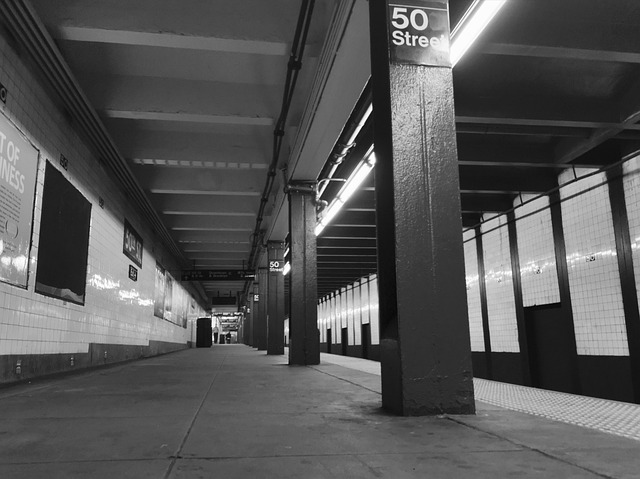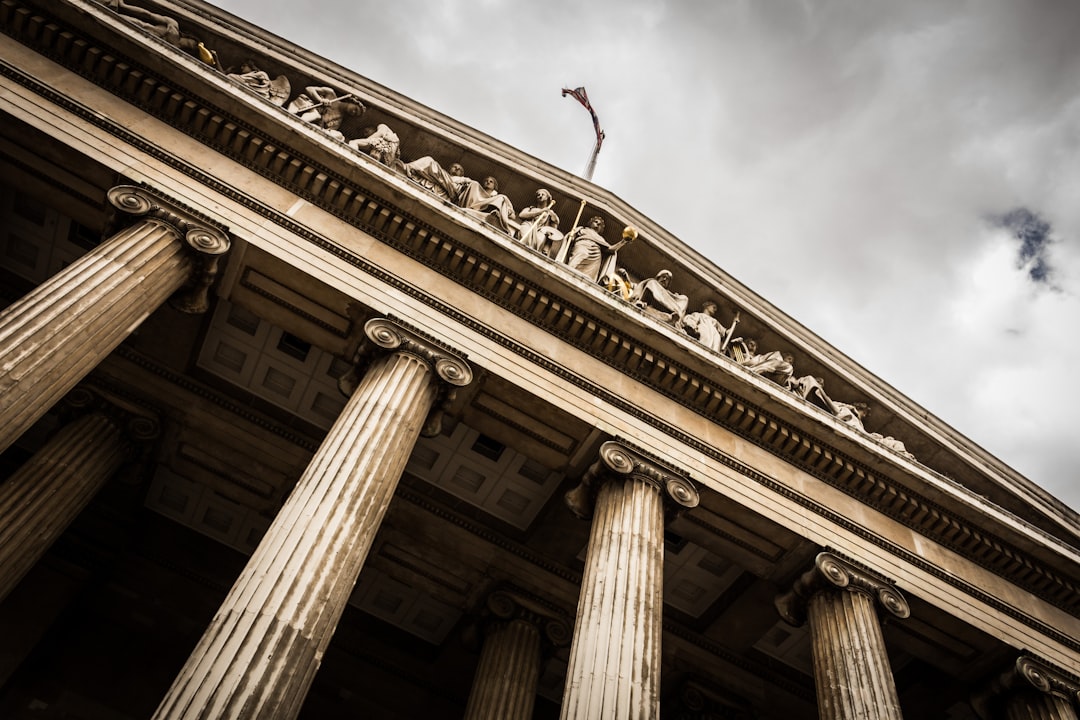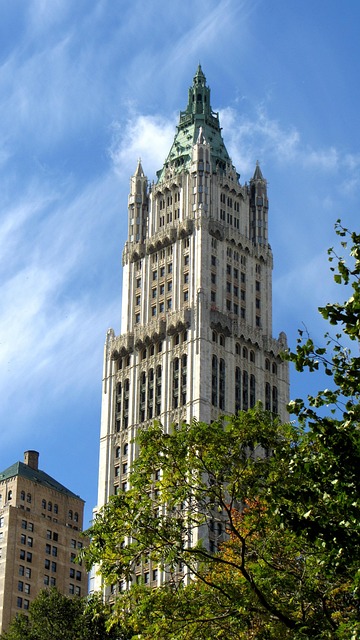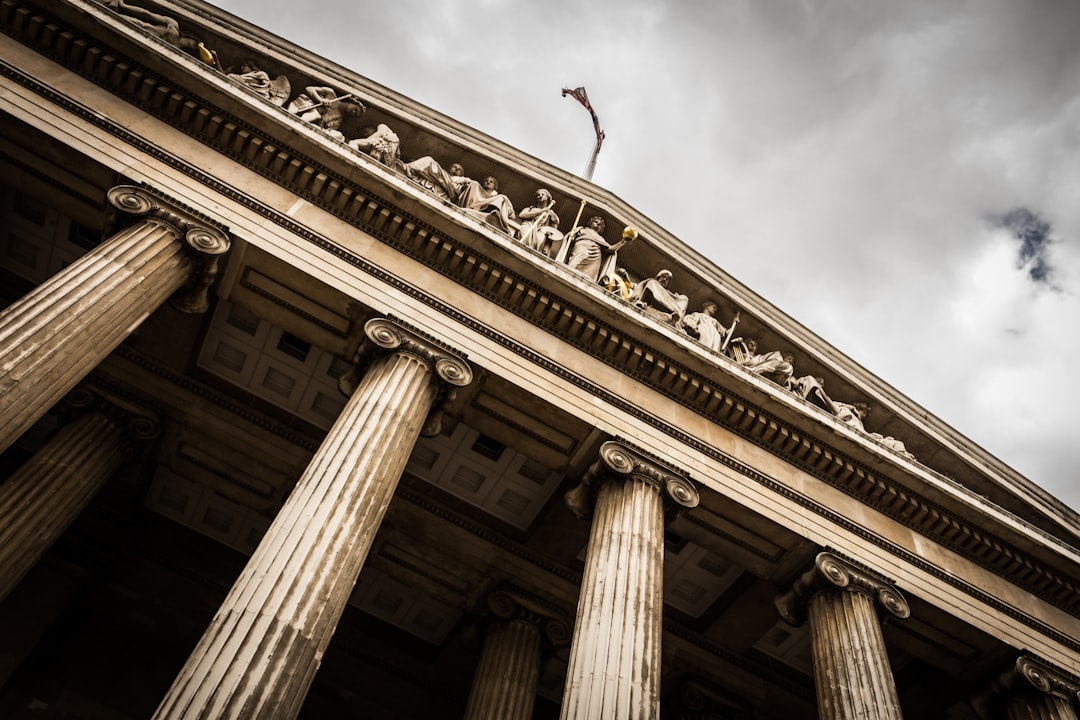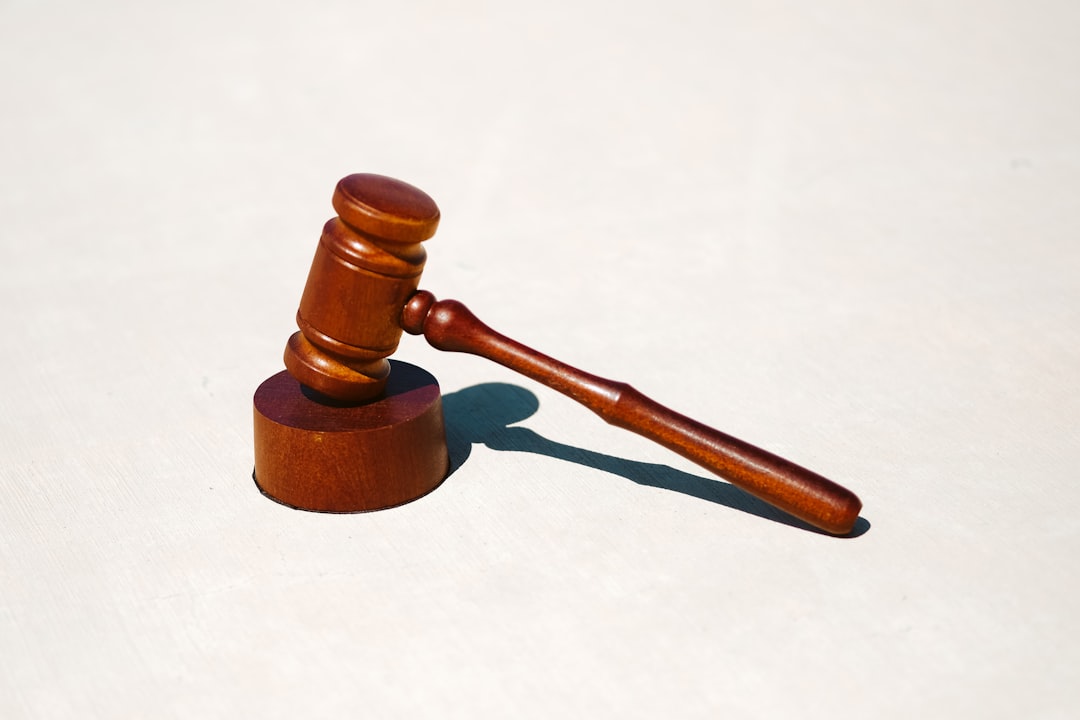In New York City, where campus sexual assault cases are prevalent, a specialized sexual assault lawyer from a reputable firm is crucial. They provide legal guidance while integrating restorative practices for holistic healing and justice. This approach involves healing circles, mediation, and open dialogue among survivors, accused, and the community, fostering trust and accountability. By combining legal expertise with restorative methods, these professionals enhance support services, protect victims' rights, and drive more favorable outcomes, revolutionizing how NYC handles sexual assault cases on campuses. Collaboration between lawyers, educational institutions, and communities is key to expanding these effective restorative justice models.
“In recent years, New York City (NYC) campuses have been at the forefront of implementing restorative practices in response to sexual assault cases. This comprehensive article delves into the effectiveness of a holistic approach, exploring how restorative practices transform traditional legal responses. We examine the role of a sexual assault lawyer in NYC, their expertise in navigating complex laws, and their collaboration with survivors. Through case studies, we demonstrate successful implementations on campus, highlighting the potential for expanded restorative justice models to address campus sexual assaults.”
Keywords seamlessly integrated: sexual assault Lawyer New York NY, sexual assault attorney/law firm New York NY, focusing on the city and its legal professionals.
Understanding Restorative Practices: A Holistic Approach to Campus Sexual Assault Cases in NYC
In the context of campus sexual assault cases in NYC, Restorative Practices offer a comprehensive and holistic approach to healing and justice. This method goes beyond traditional legal avenues by focusing on the well-being and restoration of all parties involved—survivors, accused, and the community at large. By fostering open dialogue, empathy, and accountability, restorative practices aim to create a safe and supportive environment where individuals can process their experiences and work towards reconciliation.
A sexual assault lawyer in New York, or any related legal professional, plays a crucial role in this process by guiding clients through both the legal system and restorative practices. They ensure that survivors’ rights are protected while encouraging all involved to participate in healing circles, mediation, or other restorative interventions. This dual focus—on justice and restoration—can lead to more positive outcomes for everyone affected by campus sexual assault cases in NYC, emphasizing support rather than punishment.
The Role of a Sexual Assault Lawyer: Navigating Legal Complexities in New York City
In cases of sexual assault, a skilled and experienced sexual assault lawyer in New York City plays an indispensable role in navigating the complex legal landscape. These attorneys specialize in advocating for victims’ rights and ensuring they receive justice within the intricate legal system. With deep knowledge of New York State’s laws and procedures related to sexual offenses, they guide clients through every step, from initial consultations to trial representation.
Sexual assault lawyers in NYC often collaborate with various professionals to offer comprehensive support. They work closely with medical providers to gather evidence, consult with mental health experts to assess the impact on victims, and coordinate with law enforcement to ensure a thorough investigation. By leveraging their expertise and network, these attorneys help clients understand their options, protect their privacy, and pursue appropriate legal remedies against perpetrators, holding them accountable for their actions under the law.
Building Trust and Collaboration: How Restorative Practices Can Enhance Support for Survivors
In the context of campus cases involving sexual assault in NYC, restorative practices offer a promising approach to building trust and fostering collaboration. Unlike traditional punitive measures, these practices prioritize open dialogue, active listening, and mutual understanding among all parties involved—survivors, accused, and community members. By encouraging empathy and accountability, restorative processes can create a safer, more supportive environment on campuses. This shifts the focus from blame to healing, ensuring survivors feel heard and respected while also promoting responsible behavior among peers and authority figures.
This collaborative approach is particularly beneficial for New York City’s legal landscape where sexual assault lawyers, attorneys, and law firms play a pivotal role in advocating for survivors. By integrating restorative practices into campus responses, these professionals can enhance their support services. This means better-informed legal strategies, more effective communication with clients, and ultimately, more favorable outcomes for all involved. Thus, the synergy between legal representation and restorative practices can revolutionize how NYC handles campus sexual assault cases.
Case Studies: Successful Implementation of Restorative Measures at NYC Campuses
In recent years, New York City’s educational institutions have embraced restorative practices as a proactive approach to addressing disciplinary issues and fostering healthier learning environments. These practices focus on healing and reconciliation rather than traditional punitive measures. Case studies from NYC campuses demonstrate the successful implementation of restorative methods in handling various student misconduct cases, including instances of sexual assault.
By involving all stakeholders—students, faculty, staff, and sometimes even the broader community—restorative processes encourage open dialogue, empathy, and accountability. For instance, a sexual assault lawyer in New York City might collaborate with campus officials to facilitate restorative justice circles where survivors and perpetrators can share their experiences and work towards mutual understanding. This approach not only promotes a culture of consent and respect but also empowers students to take responsibility for their actions, ensuring a safer and more inclusive campus environment.
Future Directions: Expanding Restorative Justice in Addressing Campus Sexual Assaults
As the adoption of restorative practices gains momentum in NYC campus cases, future directions point toward expanding their use in addressing sexual assaults. Restorative justice models offer a promising approach by fostering dialogue and mutual understanding between survivors, perpetrators, and communities, which can lead to more healing and accountability. By involving all stakeholders, these processes aim to rebuild relationships and create safer campus environments.
One key area for growth is integrating restorative practices with legal systems, especially in cases of sexual assault. A collaboration between sexual assault lawyers in New York NY and educational institutions can ensure that restorative justice becomes a holistic part of addressing campus crimes. This includes training faculty, staff, and students to recognize and respond to sexual assaults effectively while providing support for survivors through both legal and restorative processes. With the right partnerships and resources, expanding restorative justice can enhance prevention efforts, improve support services, and create a culture of respect and accountability on college campuses across New York NY.
